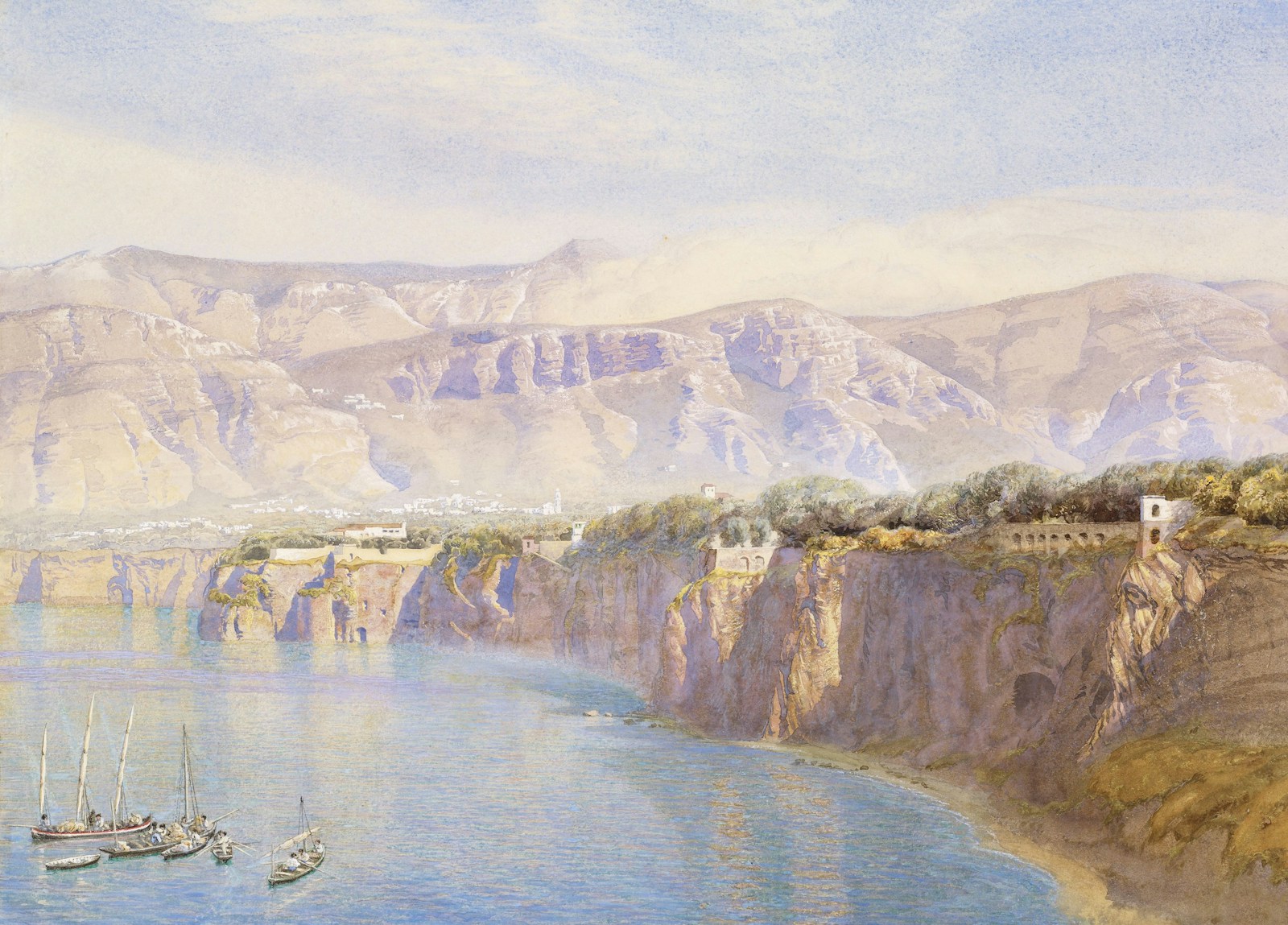
绘画
huì huà

painting
In Chinese, '绘画' (huì huà) refers to the art of laying and spreading colors and shapes on a medium, typically on paper or canvas, to create an image or representation. It can also be used in a general sense to refer to the act of creating such a piece of art. It is a common term in discussions of visual arts and art education.
Example sentences using: 绘画
我喜欢绘画。
Wǒ xǐhuān huìhuà.

I like painting.
This sentence expresses the speaker's fondness for painting.
你在绘画课上学到了什么?
Nǐ zài huìhuà kè shàng xuédào le shénme?

What did you learn in the painting class?
This sentence is a question asking about what someone has learned in their painting class.
绘画可以帮助我放松。
Huìhuà kěyǐ bāngzhù wǒ fàngsōng.

Painting can help me relax.
This sentence expresses the speaker's belief that the act of painting is a relaxation method for them.
她的绘画风格非常独特。
Tā de huìhuà fēnggé fēicháng dútè.

Her painting style is very unique.
This sentence comments on the unique style of someone's painting.
这幅绘画让我想起了我的祖国。
Zhè fú huìhuà ràng wǒ xiǎngqǐ le wǒ de zǔguó.

This painting reminds me of my homeland.
This sentence describes how a painting has sparked nostalgia in the speaker.
他在学校学习了绘画。
Tā zài xuéxiào xuéxí le huìhuà.

He studied painting at school.
This sentence is about someone who learned painting during their education.
绘画是他的职业。
Huìhuà shì tā de zhíyè.

Painting is his profession.
This sentence simply states that someone's job is being a painter.
他的绘画在展览中受到了极大的赞赏。
Tā de huìhuà zài zhǎnlǎn zhōng shòudào le jídà de zànshǎng.

His paintings were greatly appreciated at the exhibition.
This sentence describes how someone's paintings were well-received during an exhibition.
我正在画廊里欣赏绘画。
Wǒ zhèngzài huàláng lǐ xīnshǎng huìhuà.

I am appreciating paintings in the gallery.
This phrase describes a person who is currently enjoying paintings at a gallery.
经过了长时间的练习,我的绘画技巧得到了很大的提高。
Jīngguò le cháng shíjiān de liànxí, wǒ de huìhuà jìqiǎo dédào le hěn dà de tígāo.

After a long time of practice, my painting skills have greatly improved.
This sentence talks about a significant improvement in painting skills due to extended practice.